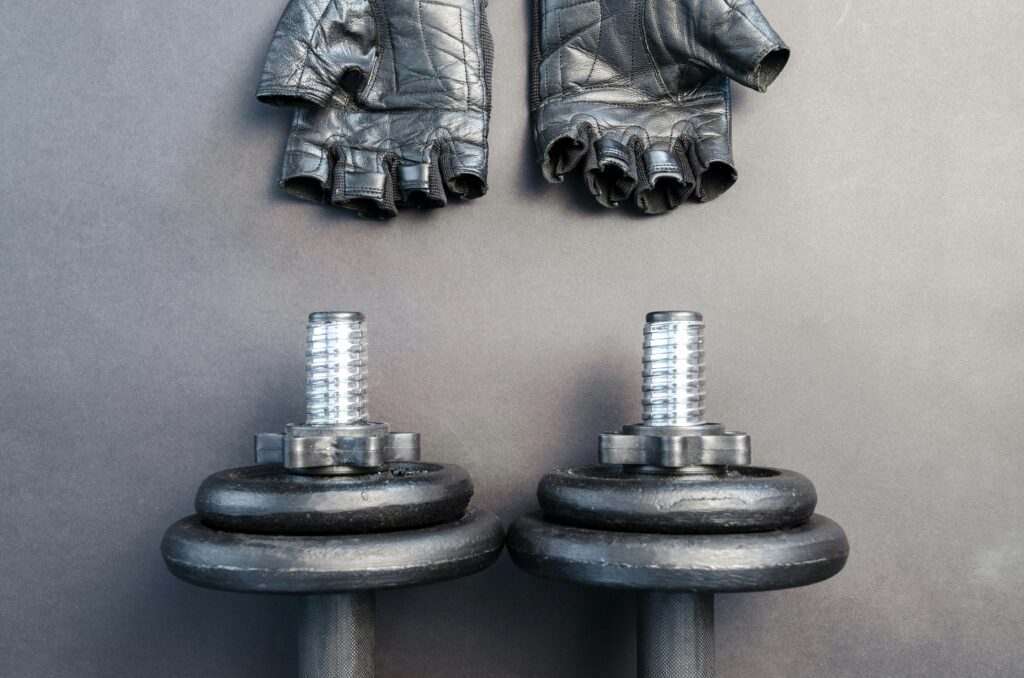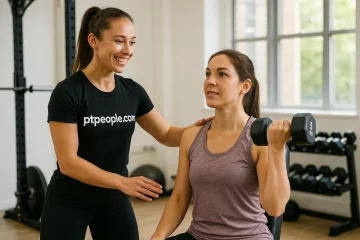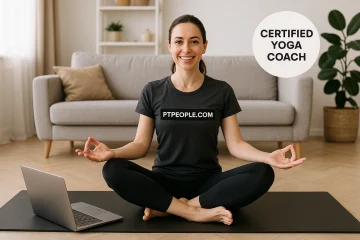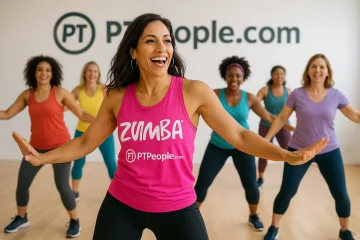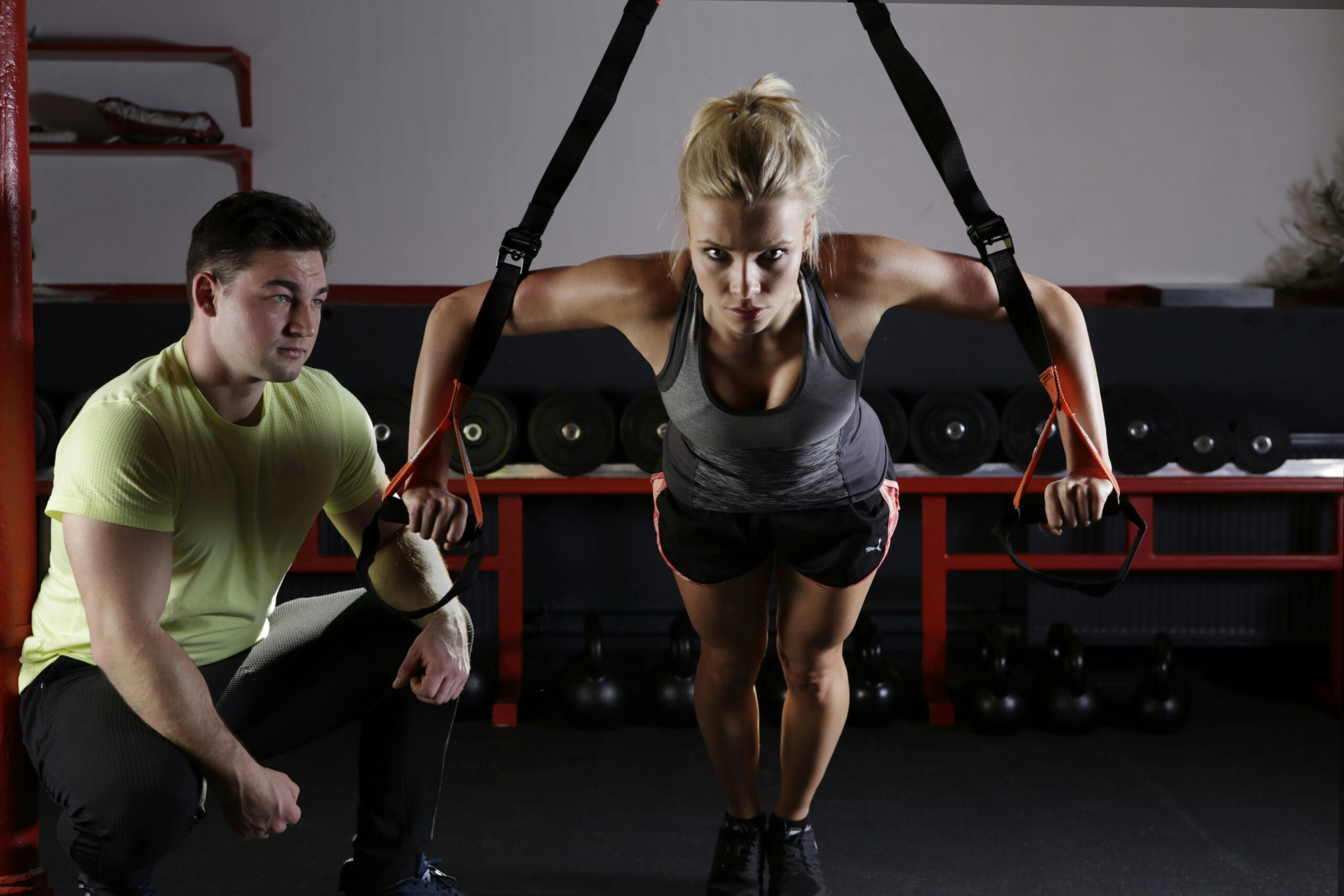
How to Choose the Right Gym Trainer
Finding the right gym trainer can be a game-changer for your fitness journey. Whether you want to lose weight, build muscle, or improve athletic performance, choosing a certified and experienced trainer is essential. But with so many options available, how do you ensure you’re making the best choice?
This guide breaks down everything you need to know about selecting the right gym trainer, from credentials and experience to pricing and training styles.
Why Certification Matters When Hiring a Gym Trainer
A certified personal trainer has undergone professional training, exams, and assessments to ensure they can design safe and effective fitness programs. Hiring a trainer with proper certification reduces the risk of injury and ensures they have the knowledge to help you achieve your goals.
Top Gym Trainer Certifications to Look For:
- National Academy of Sports Medicine (NASM)
- American Council on Exercise (ACE)
- International Sports Sciences Association (ISSA)
- Certified Strength and Conditioning Specialist (CSCS)
- American College of Sports Medicine (ACSM)
- National Strength and Conditioning Association (NSCA)
Tip: Verify certifications on the trainer’s website or through official accrediting body directories.
Key Factors to Consider When Choosing a Gym Trainer
1. Experience & Specialization
- Weight Loss & Fat Burning
- Strength Training & Muscle Gain
- Athletic Performance
- Injury Recovery & Rehabilitation
- Senior & Special Needs Training
2. Training Style & Personality
- Do you prefer a high-energy trainer or a more structured, methodical approach?
- Do they offer positive reinforcement or a tough-love approach?
- Are they able to adjust training intensity to your fitness level?
3. Training Location
- Gym-Based Trainers
- In-Home Personal Trainers
- Outdoor Training
- Virtual Coaching
4. Client Testimonials & Success Stories
- Google Reviews & Yelp
- Social Media
- Trainer’s Website
5. Cost of Hiring a Gym Trainer
| Training Type | Price per Session |
|---|---|
| Private One-on-One | $50 – $150 |
| Small Group Training | $20 – $50 per person |
| Online Personal Training | $10 – $80 per month |
| Luxury Gym Personal Training | $80 – $200 |
Tip: Package discounts are often available.
6. Availability & Flexibility
- Morning/evening/weekend availability
- Flexible rescheduling
- Travel options if in-home training is needed
7. Nutrition Guidance
Trainers should offer basic nutrition advice or collaborate with a dietitian for a more complete approach.
Where to Find the Best Gym Trainers
Top-Rated Gym Trainer Directories:
- Thumbtack
- Bark
- Trainerize
Best Gyms for Personal Training:
- Equinox
- Crunch Fitness & LA Fitness
- UFC Gym
Final Checklist Before Hiring a Gym Trainer
- ✔ Verify certifications and experience
- ✔ Check client testimonials and success stories
- ✔ Ask about training location and flexibility
- ✔ Compare costs and package deals
- ✔ Ensure they match your training style and goals
- ✔ Look for trainers who offer nutrition and lifestyle guidance
FAQs
1. What qualifications should I look for in a gym trainer?
Look for certifications like NASM, ACE, ISSA, or ACSM. They should also be CPR/AED certified.
2. How do I know if a gym trainer is experienced with my fitness goals?
Ask about previous clients with similar goals and review testimonials or case studies.
3. Should I choose a male or female trainer?
Choose based on comfort and personality fit, not just gender. However learn more about male trainers and female trainers before you decide.
4. Is it better to choose a trainer who works independently or through a gym?
Independent trainers may be more flexible; gym trainers may have more resources. Choose what fits you best.
5. How important is a trainer’s communication style?
Very important. Look for someone who motivates, listens, and explains clearly.
6. How can I verify a trainer’s certification and background?
Use official websites like NASM.org, ACEfitness.org, or ISSAonline.com. Request proof if needed.
7. What red flags should I watch for when selecting a gym trainer?
- No certification
- Generic workout plans
- Pushy sales behavior
- Poor communication
- No assessment or consultation
- Unsafe techniques
8. How much should I expect to pay for a gym trainer?
Rates vary. Expect $60–$150/hour in major cities; online and group training are usually cheaper.
9. Can I switch trainers if it’s not working out?
Yes. If you’re not happy, explore other options. Your comfort and results matter.
10. How can PTpeople help me find the right gym trainer?
PTpeople lets you filter trainers by location, specialty, and more. Profiles include bios, reviews, and credentials.
